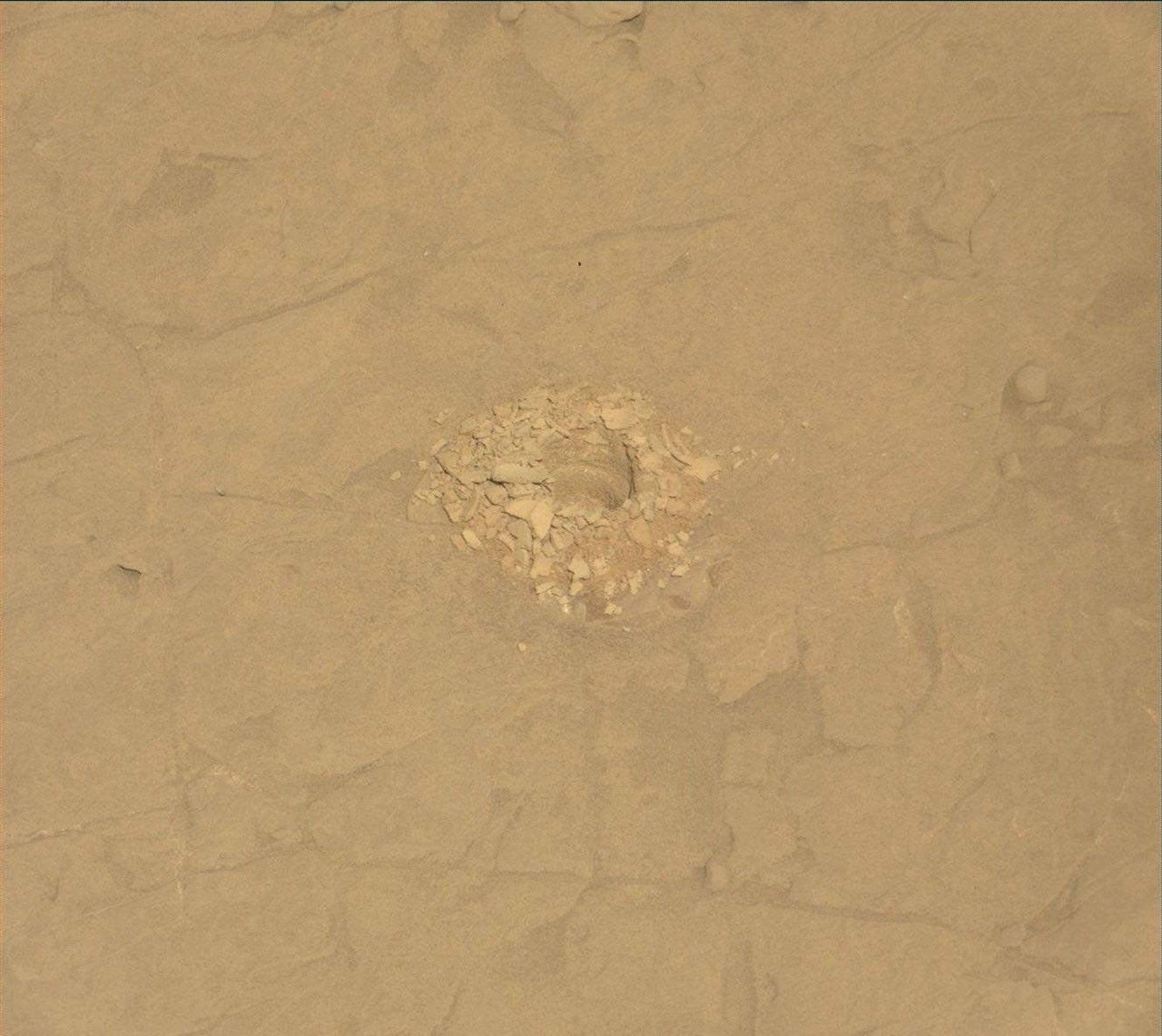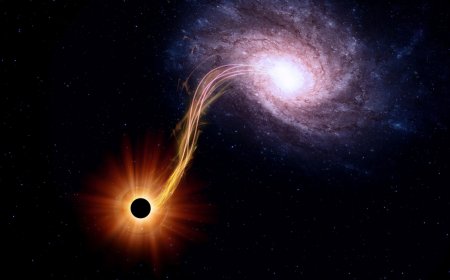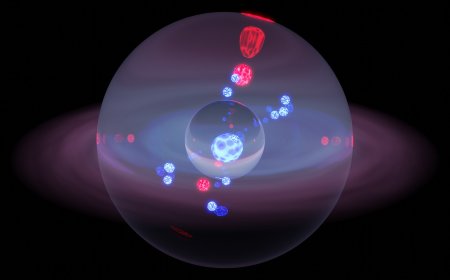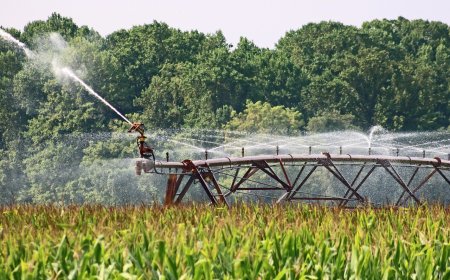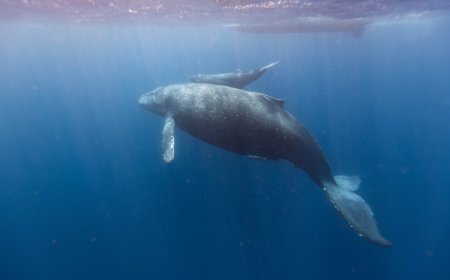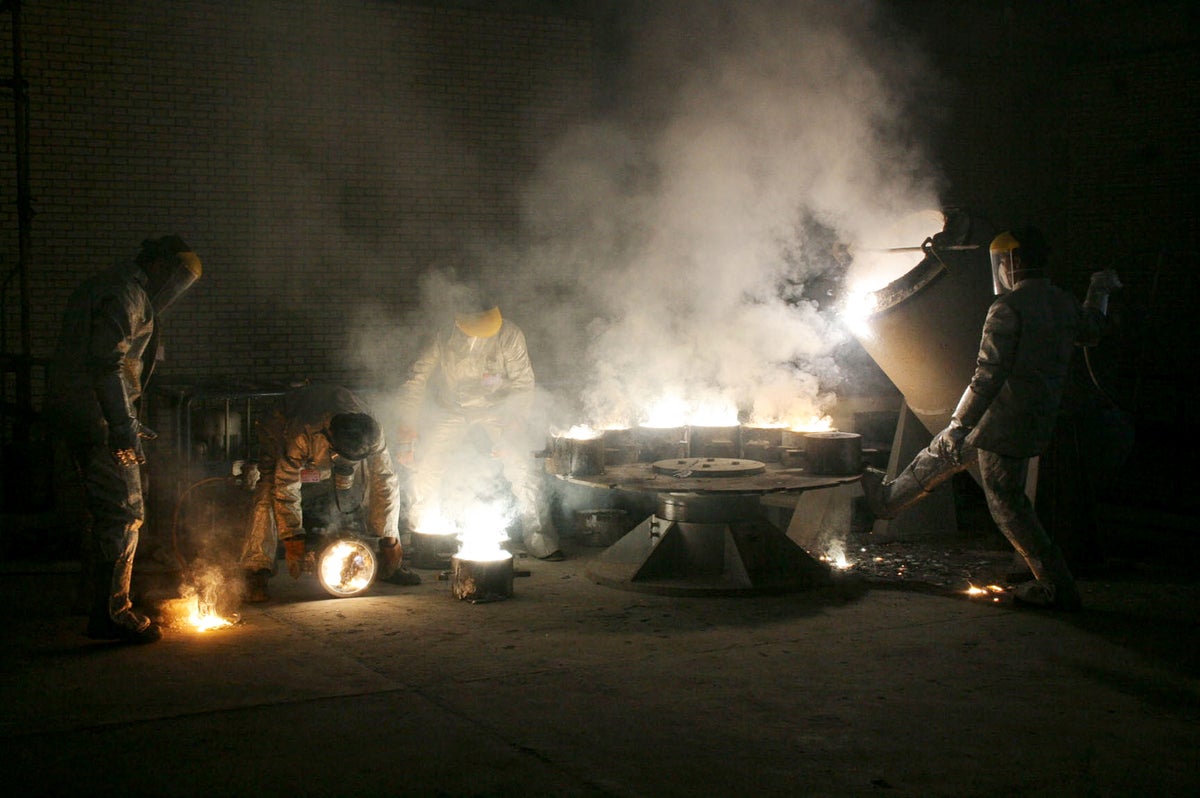Irrigation's Influence on Earth's Rotation: Shifting Polar Drift and Climate Impact
Irrigation practices have caused a measurable shift in the North Pole's position, with computer simulations indicating a movement of approximately 78 centimeters towards eastern Greenland between 1993 and 2010.
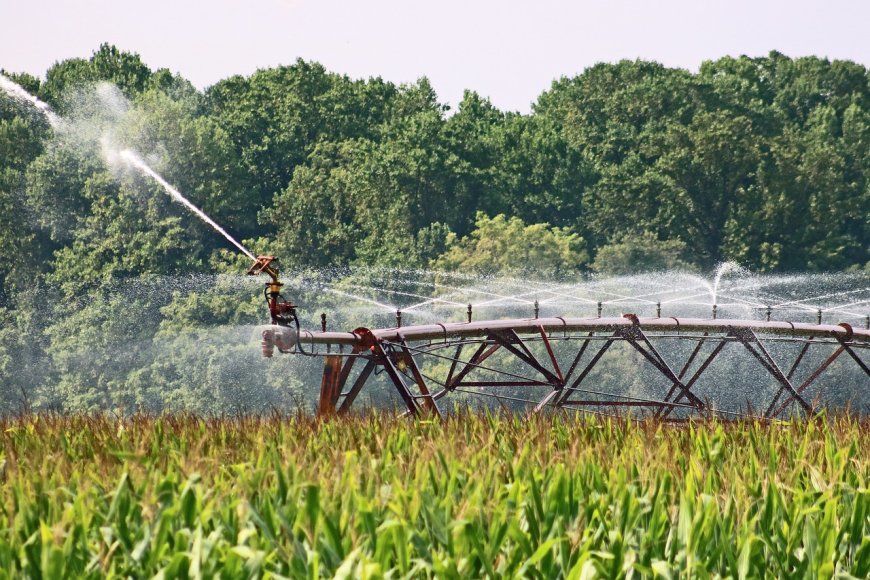
According to new research, irrigation practices have caused a measurable shift in Earth's rotational axis. Between 1993 and 2010, computer simulations suggest that irrigation caused the North Pole to move approximately 78 centimeters towards eastern Greenland, making it the second largest factor influencing polar drift after the rebound of Earth's surface due to the retreat of glaciers since the last ice age.
The movement of the North Pole is influenced not only by cyclic weather patterns and oceanic variations but also by subtler noncyclic factors such as the movement of water from land to sea, including runoff from melting glaciers and irrigation practices. During the 1993-2010 period, irrigation alone redirected around 2 trillion metric tons of water from land-based aquifers to the oceans, equivalent to a global sea level rise of more than 6 millimeters.
When considering all water movements, including runoff from ice sheets in Greenland and Antarctica, the North Pole drifted approximately 1.6 meters towards the east coast of Greenland during the study period. The impact of irrigation was mainly to nudge the pole eastward compared to its hypothetical path without irrigation, which would have led it towards the center of Greenland.
Unlike other factors that fluctuate throughout the year, the effect of irrigation on polar drift is permanent and likely increasing annually. The research highlights the significant role of irrigation in Earth's rotational dynamics and emphasizes the interconnectedness between human activities, water distribution, and the planet's physical processes. Large-scale irrigation can have implications beyond polar drift, influencing local and regional climates, cooling temperatures, increasing humidity, and altering rainfall patterns in various regions.
Questions or comments on this article? E-mail us at news@sciencex.in
Reference:
K.-W. Seo et al. Drift of Earth’s pole confirms groundwater depletion as a significant contributor to global sea level rise 1993–2010. Geophysical Research Letters. Vol. 50, June 28, 2023, e2023GL103509. doi/10.1029/2023GL103509
Image Credit:
Image by Joseph Fulgham from Pixabay
What's Your Reaction?







